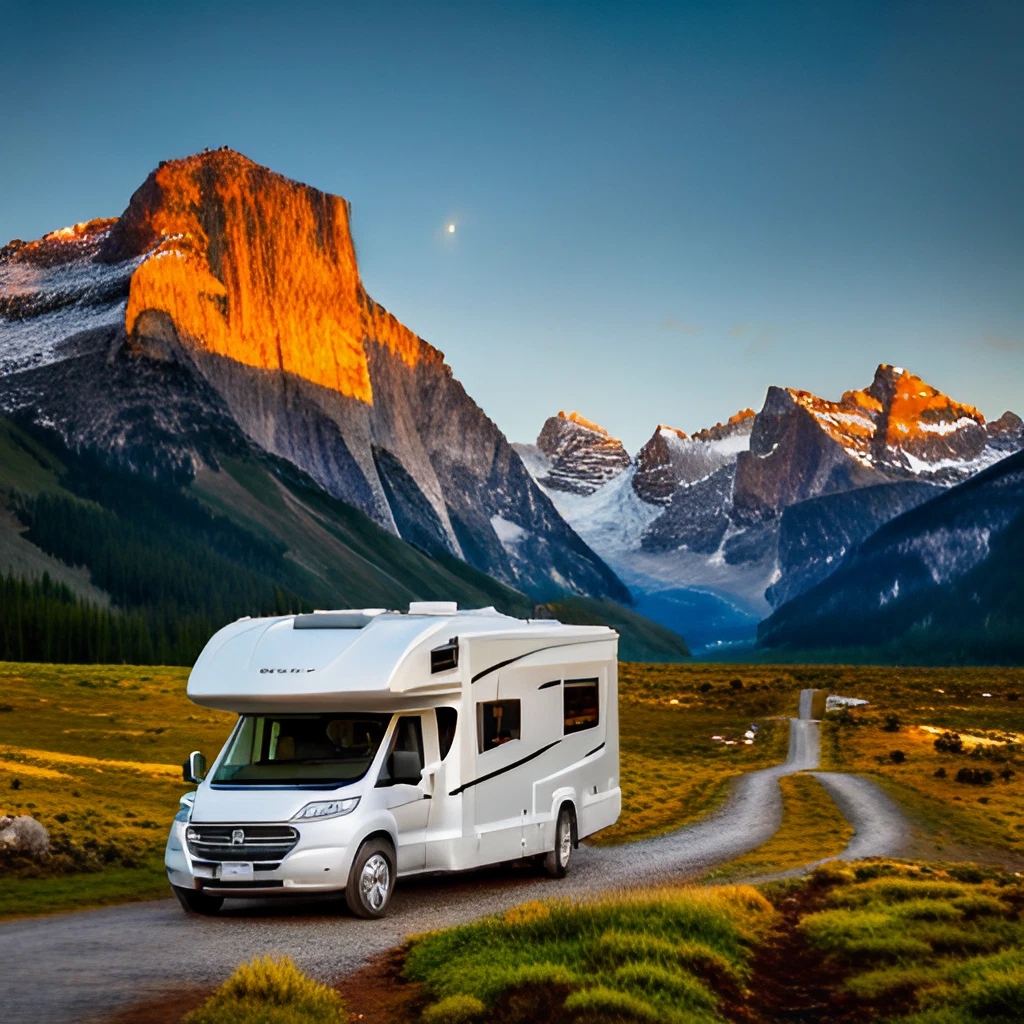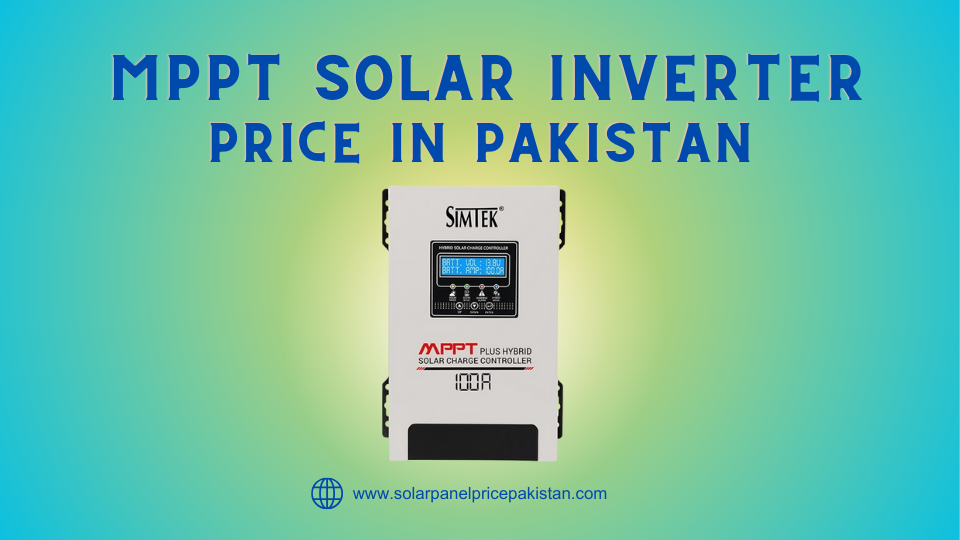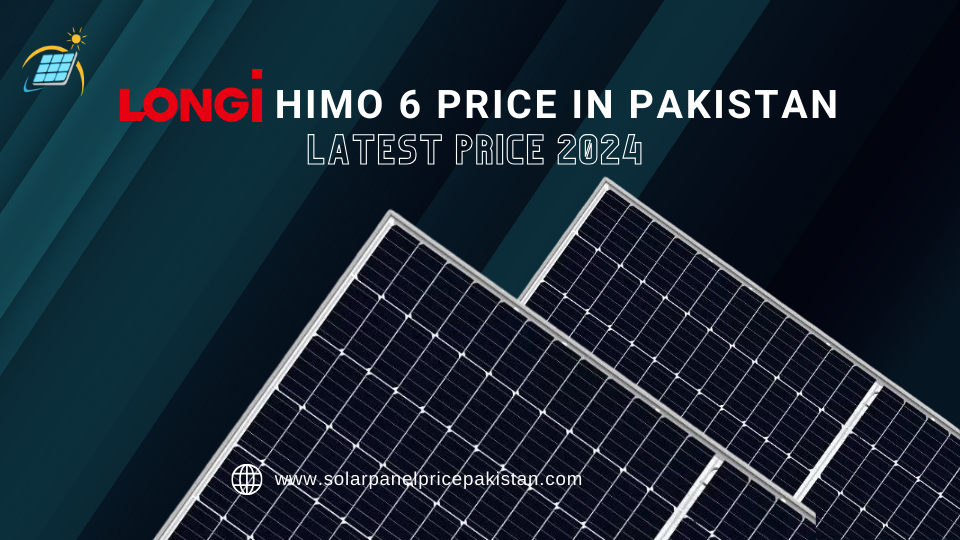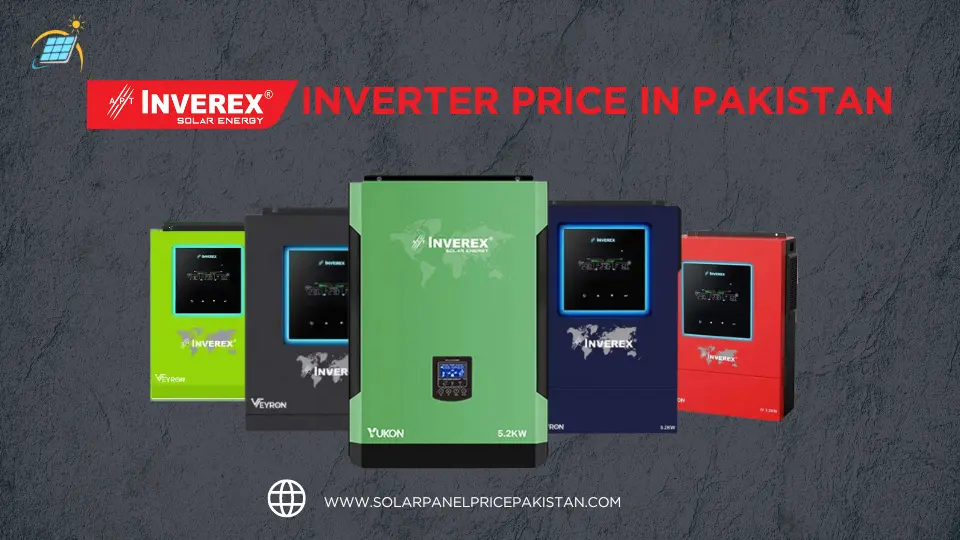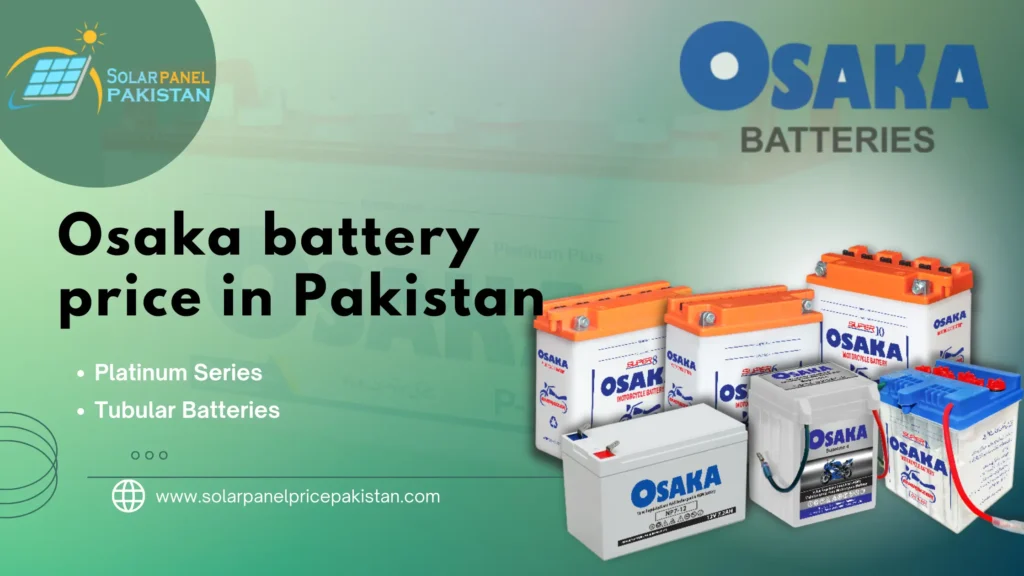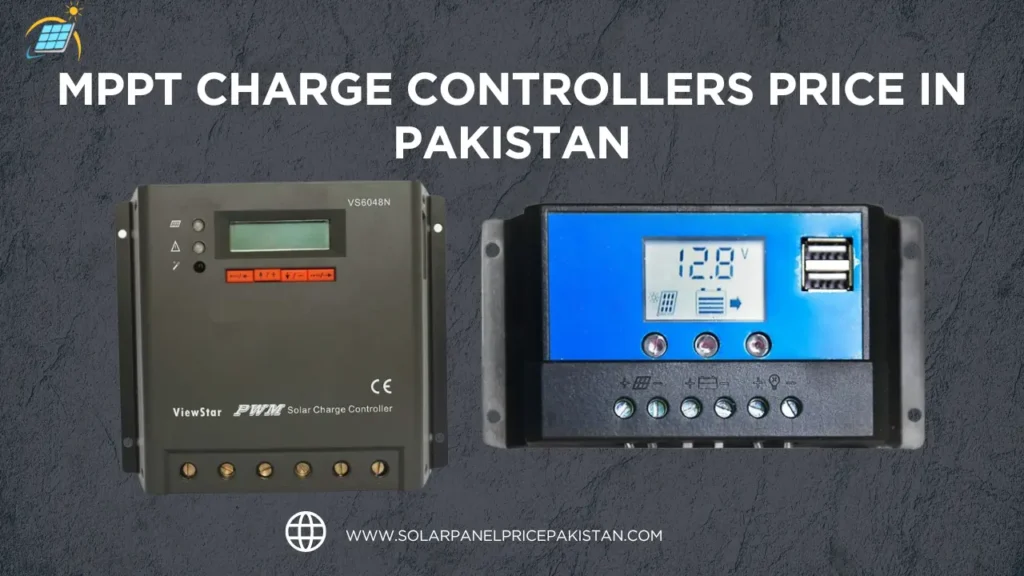Energize Your Journey The Power of a Motorhome with Solar Panels
Imagine hitting the open road without worrying about where you’ll find your next power source. For motorhome enthusiasts, the idea of self-sufficiency is incredibly appealing—and that’s where solar panels come in. As the motorhome industry embraces sustainable solutions, solar power is proving to be a game-changer. It offers cost savings, eco-friendliness, and the freedom to explore remote locations without relying on campground hookups. In this blog post, we’ll explore how solar panels can transform your motorhome experience, from choosing the right system to maintaining it for optimal performance.
The Solar Revolution in Motorhomes
Cost Savings and Sustainability
When you think about a motorhome with solar panels, the benefits are both immediate and long-term. Solar panels provide an opportunity to cut down on energy costs while reducing your carbon footprint. By harnessing the power of the sun, you can significantly lower or even eliminate your reliance on traditional power sources, which is not only friendly to the environment but also to your wallet. Imagine saving hundreds of dollars annually by generating your own electricity!
Freedom to Go Off-Grid
Another compelling advantage is the ability to go off-grid. With solar panels installed, your motorhome becomes a mobile power station, allowing you to camp in remote areas without sacrificing comfort or convenience. Whether you’re parked in a scenic national park or a secluded beach, you can enjoy modern amenities like lighting, refrigeration, and device charging without a tether to the grid.
The Growing Appeal of Solar Integration
The appeal of integrating solar panels into motorhomes is growing as more people prioritize sustainability and seek independence from conventional power sources. The trend toward eco-friendly living has made motorhomes with solar panels a popular choice among travelers. In fact, as awareness of environmental issues increases, so does the demand for renewable energy solutions in the RV market.
Choosing the Right Solar Panels for Your Motorhome
Types of Solar Panels
When it comes to selecting the right solar panels for a motorhome, there are a few key factors to consider. The most common types include monocrystalline, polycrystalline, and thin-film solar panels. Monocrystalline panels are known for their high efficiency and durability, making them a top choice for motorhomes. Polycrystalline panels offer a good balance of cost and performance, while thin-film panels are flexible and lightweight, ideal for irregular surfaces.
Efficiency and Durability
Efficiency is crucial when space is limited, as it often is on motorhome roofs. Higher efficiency panels will generate more power per square foot, which is essential for meeting your energy needs. Durability is another important factor; you want panels that can withstand the rigors of travel, including exposure to wind, rain, and debris. Look for panels with strong warranties and proven track records.
Ease of Installation
Ease of installation is another consideration. Some solar panels come with pre-attached adhesive backings or mounting kits, simplifying the setup process. If DIY isn’t your thing, you might opt for panels that are quick and straightforward to install, or consider hiring a professional to ensure everything is done correctly.
Step-by-Step Guide to Installing Solar Panels
Planning Your System
Before installation, it’s crucial to assess your energy needs and plan your system accordingly. Calculate your daily power consumption by listing all the devices you intend to use and their wattage. This will help determine the number and size of panels needed. You’ll also need to decide on the type of battery storage to hold the energy your panels collect.
Choosing and Mounting Panels
Once you’ve chosen the appropriate panels, the next step is to mount them on your motorhome’s roof. Ensure the surface is clean and dry before installing. Position the panels to maximize sunlight exposure, typically facing south if you’re in the Northern Hemisphere. Secure the panels using the appropriate brackets and hardware to withstand travel conditions.
Wiring and Connection
After mounting the panels, connect them to a charge controller, which regulates the power flow to the batteries and prevents overcharging. Then, wire the charge controller to your battery bank, ensuring all connections are secure and insulated. Finally, connect your battery bank to an inverter, which converts the stored DC power into AC power for use in your motorhome.
Real-Life Success Stories of Solar-Powered Motorhomes
Case Study 1: The Adventurer’s Transformation
Take the case of Sarah and Mike, avid road-trippers who transformed their motorhome with solar panels. They report saving over $500 a year on campground fees by camping off-grid more frequently. Additionally, their reliance on fossil fuels decreased, aligning with their environmental values. Their setup includes 400W of solar panels and a 200Ah battery bank, providing enough power for lighting, refrigeration, and device charging.
Case Study 2: Cost Comparisons
Another example is Tom, a retired engineer, who meticulously calculated the cost-effectiveness of installing solar panels on his motorhome. Although the initial investment was substantial, he broke even within three years, thanks to savings on energy costs and campground fees. Tom’s experience underscores the potential for long-term financial benefits, especially for those committed to traveling extensively.
Experience Sharing
These real-world examples highlight the diverse applications and benefits of solar panels on motorhomes. From increased independence to financial savings, the experiences of these motorhome owners illustrate the tangible advantages of adopting solar power.
Maintenance Tips for Optimal Performance
Regular Cleaning
To maintain peak performance, regular cleaning of your solar panels is essential. Dust, bird droppings, and other debris can reduce efficiency by blocking sunlight. Use a soft brush or cloth with water to gently clean the panels, taking care to avoid scratching the surface.
Routine Inspections
Periodic inspections of the entire solar system, including wiring and connections, are also important. Look for signs of wear, corrosion, or damage, and address issues promptly to prevent further complications. Keeping your system in top condition ensures it will last longer and perform better.
Monitoring System Output
Monitoring your system’s output can help you identify any declines in performance. Many charge controllers come with built-in monitors or you can use separate monitoring devices to track energy production and consumption. By staying informed about your system’s operation, you can quickly address any inefficiencies.
Future Trends in Motorhome Solar Technology
Advancements in Panel Efficiency
The future of solar technology looks promising, with ongoing advancements in panel efficiency and energy storage solutions. Researchers are continuously developing new materials and designs to increase the efficiency of solar panels, allowing for even more power generation in the same amount of space.
Energy Storage Innovations
Energy storage is another area poised for innovation. With improvements in battery technology, such as lithium-ion and solid-state batteries, motorhome owners can expect more efficient, lighter, and longer-lasting storage options. These innovations will further enhance the practicality of solar power for motorhomes, making it an even more attractive option.
Integration with Smart Technology
The integration of smart technology into solar systems is also on the rise. From remote monitoring apps to automated system adjustments based on energy needs and weather conditions, these developments make managing a solar-powered motorhome more convenient than ever before.
Conclusion
In conclusion, the benefits of equipping your motorhome with solar panels are clear. From cost savings and environmental benefits to the freedom of off-grid living, solar power offers a range of advantages for motorhome enthusiasts. By choosing the right panels, following proper installation procedures, and maintaining your system, you can enjoy a more sustainable and independent travel experience.
If you’re ready to take the plunge and enhance your motorhome with solar panels, consider reaching out to experts or joining online communities for advice and support. Whether you’re a seasoned traveler or new to the world of motorhomes, a solar-powered setup can open up a world of possibilities.


